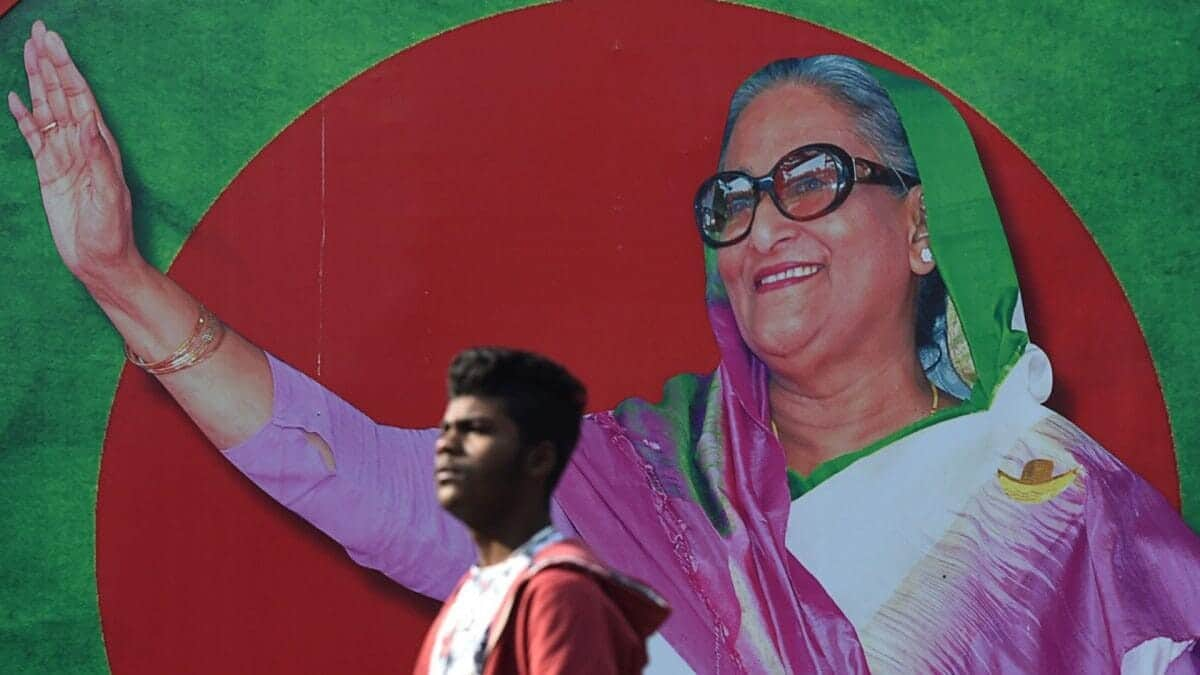
India made political decision not to extradite Hasina: Bangladesh
What's the story
The Bangladesh interim government headed by Muhammad Yunus has hinted that India may have taken a "political decision" not to extradite ousted Prime Minister Sheikh Hasina.
This speculation was expressed by interim government adviser Mahfuj Alam at a media interaction in Dhaka.
"This is what we are hearing," Alam said.
Bangladesh formally requested Hasina's extradition on December 23, citing an extradition treaty signed in 2013 and amended in 2016 between the two countries.
Charges detailed
Hasina faces over 100 charges in Bangladesh
Notably, Hasina, who took refuge in India on August 5 after a mass uprising in her country, is now facing over 100 cases. She has been charged with murder and genocide in connection with the July uprising.
The Yunus-led interim government has used the International Crimes Tribunal, set up by Hasina's Awami League government in 2010, to try allegations of "genocide" against her and her party members.
Awaiting response
Bangladesh awaits India's response to extradition request
Bangladesh's Foreign Affairs spokesperson Mohammad Rafiqul Alam stated that the extradition treaty does not specify a time limit for India's response, so the Yunus government will await New Delhi's reply.
On December 8, Chief Adviser's Press Secretary Shafiqul Alam confirmed Bangladesh would approach India for Hasina's extradition after completing necessary legal procedures.
He said, "Our government's position on the extradition of Sheikh Hasina is very clear. We want to bring Sheikh Hasina back to the country to face the law."